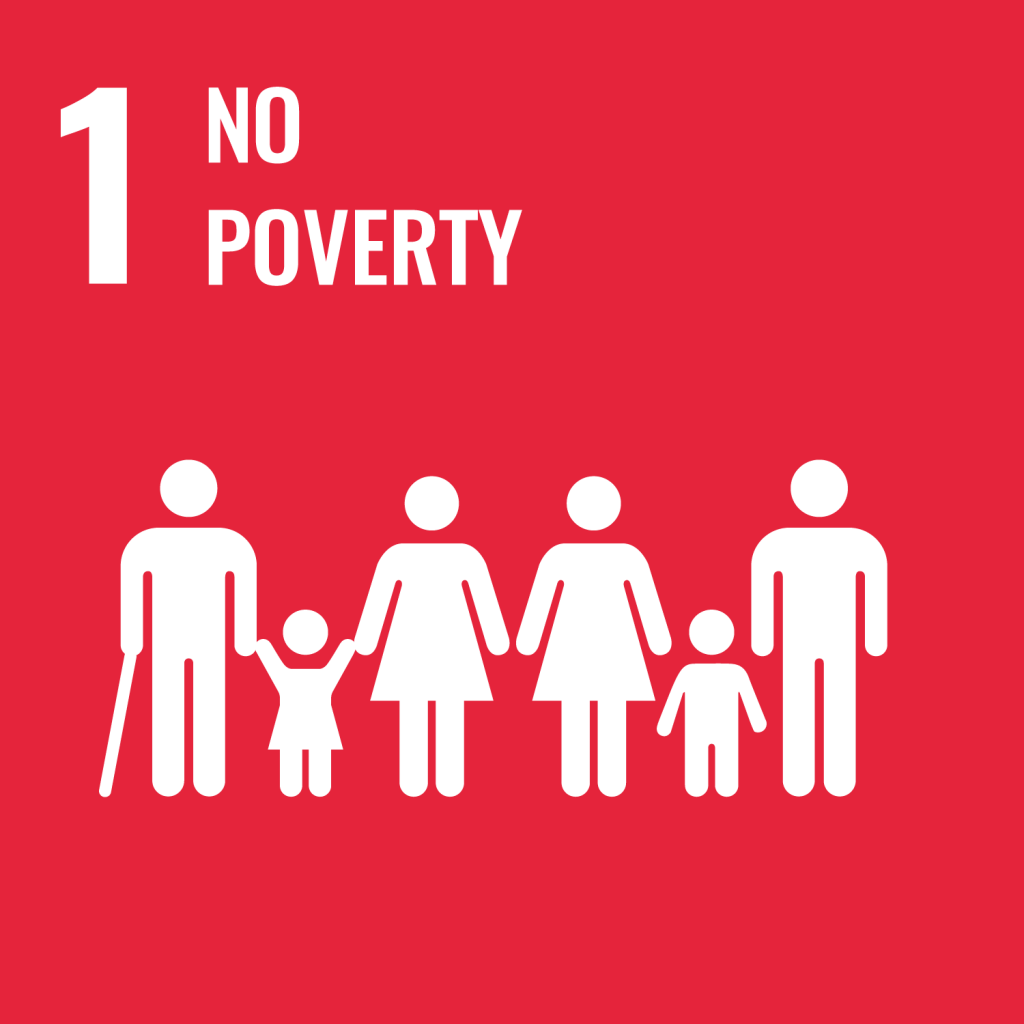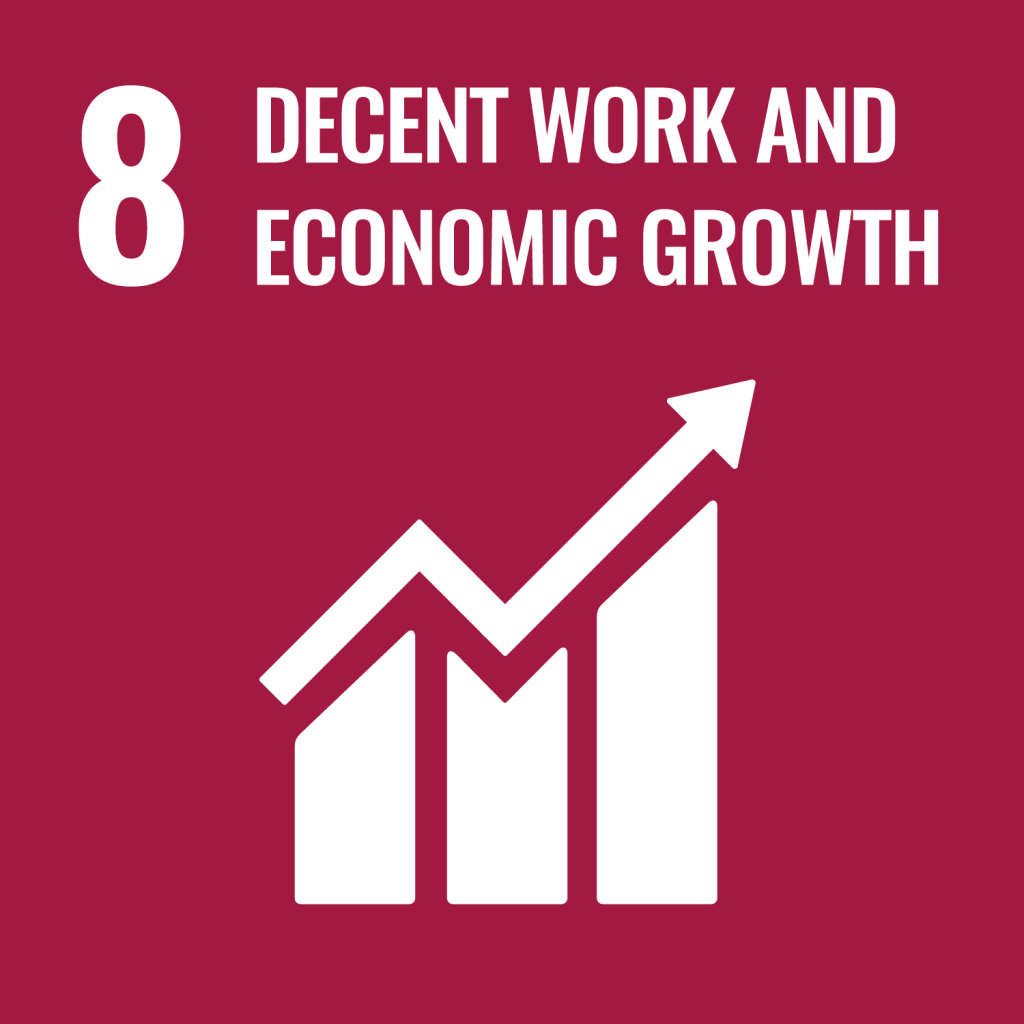Tacaná Organic Producers Cooperative
Medium (49-500)
Agriculture
Lesson
SMEs that invest and build long-term partnerships can develop unique avenues to stabilize their business model by helping to organize farmer communities, strengthening cooperative models of production, providing technical assistance, and creating the conditions for partners to invest in improving their agriculture production practices. The partnership also provides stability to the supply chain for the buying company by creating an avenue for cooperation, one based on a longer-term business view which can strengthen the resilience of the organization and community alike.
Background
In Mexico, the coffee industry usually leaves its primary producer at a disadvantage due to the participation of intermediaries in the value chain and the establishment of the price of coffee by the New York stock exchange. This context is not foreign to the small producers of the Tacaná Volcano region, between the border of Chiapas and Guatemala, where the coffee producers sold the fruit of their labour to different buyers without any price regulation, thus perpetuating their conditions of vulnerability. In 2015, based on the need to find a safe buyer and sell at a better price, 140 small producers formed the Tacaná Organic Producers Cooperative thanks to the support of Restaurante Toks, a national chain of restaurants with their headquarters in Mexico city, which became a key ally for its development.






Sustainability Story
Productores Orgánicos del Tacaná were strengthened from an alliance with Restaurante Toks to develop a practice of fair trade, capacity development, and care for the environment through the cultivation of coffee. Under this alliance, Productores Orgánicos del Tacaná became a direct supplier of coffee to the Toks Restaurant chain without the need for intermediaries. This alliance was beneficial for both actors as it resolved Productores Orgánicos del Tacaná’s need for a secure buyer from the cooperative as well as Restaurante Toks’s need to offer a quality Mexican coffee that is free of agrochemicals and is friendly to the environment.
The Social Responsibility area is based on a corporate philosophy which prioritizes sustainability and promotes sustainable production models that benefit the community. Consequently, in the case of the coffee supply, they realized that a new, responsible, healthy supply chain directly from small producers was required. As a result of this alliance, community sustainability practices were strengthened in three areas: economically, through a financing agreement and payment in advance of coffee production which allows producers to earn a secure income; in the social, through the development of technical and soft productive skills to improve the physical and mental health of coffee producers, eradicate child labor, and promote the well-being of the community; and environmental, through the training and support for certification in organic production and environmental care.
Tacaná Organic Producers Cooperative Practices
| Organic farming model | Community partnership and fair trade |
|---|---|
| Use organic farming that is free of agrochemicals and is friendly to the environment and establish exclusive long term supply contracts with a key client to invest in long term sustainable community development. | Build an alliance for supply and development of technical capabilities. Investments into disaster resilience and long term capacity building is a shared value approach to business innovation and sustainability. |
Pathway Map
Community Partnership and Fair Trade
View the Pathway MapOrganic Farming Model
View the Pathway MapEnabling Factors for Practices
| Internal to the organization | External to the organization |
|---|---|
| Multi-generational knowledge: The environmental conditions exist and the artisanal practices for its cultivation have been known for generations. The cultivation is done at 1500 meters above sea level, so a high altitude coffee is made. | Payment in advance: The payment in advance of the coffee production by the partner company, TOKs, which pays a fixed price for the coffee. This makes it easier to invest in the initial operating costs for each production cycle. |
| The production is artisanal, with little industrializiation and the use of elements from nature. For example, the management of waste such as "honey water from coffee" that is filtered into the ground so as not to contaminate the rivers. | Legal and financial advice: The investment is complemented by Restaurante Toks for the legal constitution of the Cooperative. Initial investment (legal expenses, opening a bank account, rental of the premises, initial investment for the purchase of supplies). |
| Personal payment: The salary of the Cooperative's project leader is paid by the Social Responsibility area of Restaurante Toks. This has facilitated the coordination of producers and strengthened the communication, coordination and exchange mechanism between the partners that make up the supply chain. | |
| Organic certifications: The accreditation of organic production by an international entity has guaranteed that a standard production value is upheld and ensures the quality of the coffee. In addition, the Rainforest Alliance certification cares for the protection of fauna and flora, gender equity issues, minimum conditions for workers, and the eradication of child labor. | |
| Protected ecological area: Coffee cultivation is carried out within the Biosphere Reserve where the National Commission of Protected Areas prohibits, among other things, the use of agrochemicals. This ensures that organic certification standards remain viable and contamination in coffee production areas is avoided. |
Arresting Factors for Practices
| Internal to the organization | External to the organization |
|---|---|
| Faced with various unfulfilled promises: Historical and ongoing deceit and abuse by various actors (government, intermediaries) towards coffee producers. As such, there was a culture of distrust, which prevented the producers from initially believing in the project to ally with Restaurante Toks. | Commodities market: The New York Stock Exchange fixes the price of coffee. |
| Resistance to change: In the implementation of practices that allow certification on everything that has to do with formats and records of processes, diagnoses, monitoring and follow-up. | Business conglomerates: There are several transnational companies that monopolize the market and do not allow someone to grow and become a competitor. |
| Regulations and red tape: The export process is complex and challenging for a cooperative. There are limited capacities to navigate the international sale of the crops. |
Lessons for Disaster Risk Reduction
They have used natural measures to protect production infrastructure. For example, to reduce the risk of the Roya plague, which is a fungus that grows behind the leaf due to humidity, shade is regulated. To prevent landslides, soil conservation techniques are used through living barriers and agrochemicals are avoided so as not to erode the soil.
The close collaborations and shared value partnerships can enable more long-term disaster risk reduction practices designed for a specific community or economic activity. Also, the company and cooperative have individuals with unique knowledge of the local climate conditions and capable to testing new practices to adapt to climate or reduce risk from extreme weather events.
